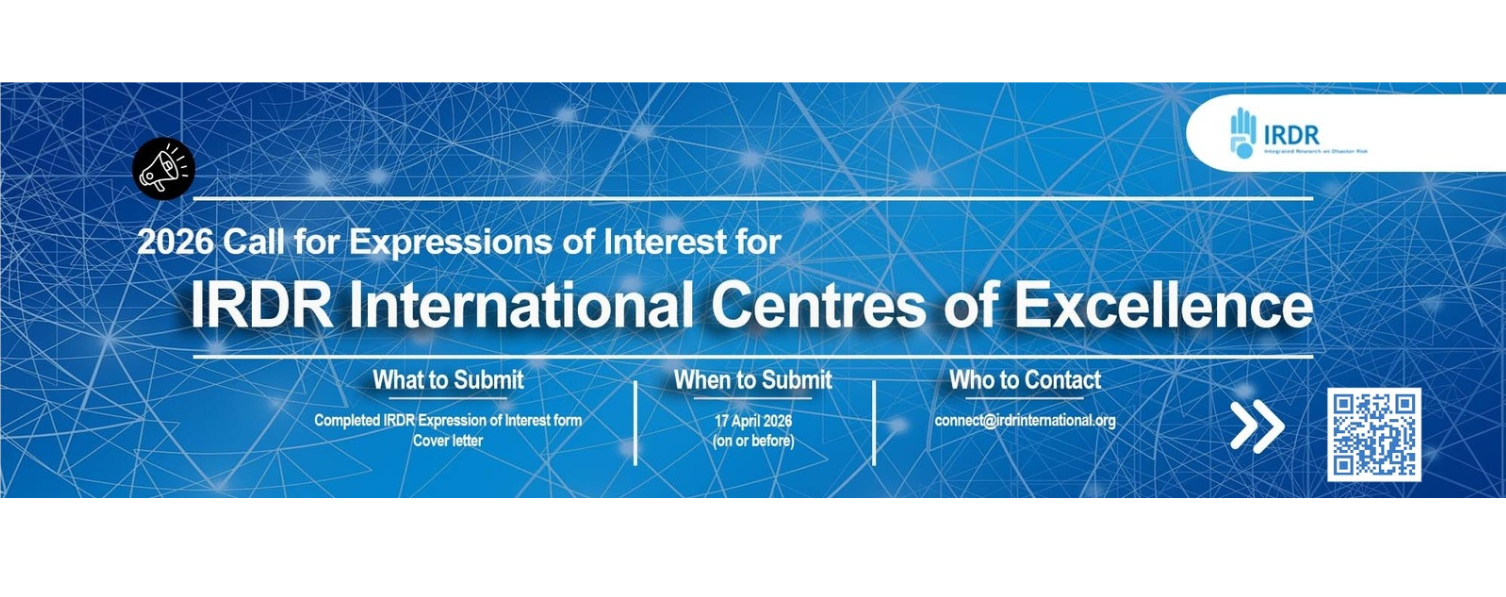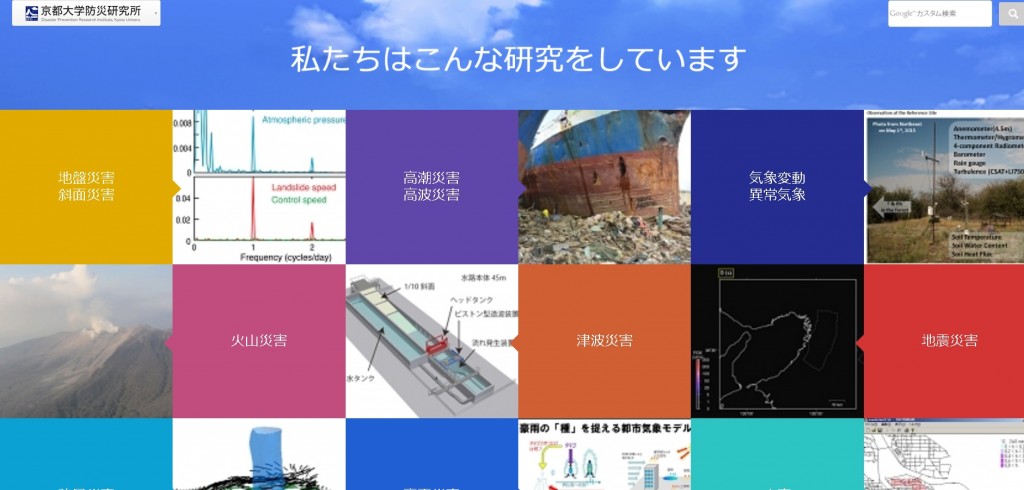 Anthony Oliver-Smith of the University of Gainesville, Florida, is one of the authors of a recent report “Changing the Atmosphere: Anthropology and Climate Change”, issued by the Global Climate Change Task Force of the American Anthropological Association (AAA). The Task Force was chaired by Shirley J. Fiske, and was also the driving force behind the AAA statement on Humanity and Climate Change .
Anthony Oliver-Smith of the University of Gainesville, Florida, is one of the authors of a recent report “Changing the Atmosphere: Anthropology and Climate Change”, issued by the Global Climate Change Task Force of the American Anthropological Association (AAA). The Task Force was chaired by Shirley J. Fiske, and was also the driving force behind the AAA statement on Humanity and Climate Change .
In IRDR, Oliver-Smith is co-chair of the Working Group Forensic Investigations of Disasters (FORIN). FORIN has produced, for the 3rd World Conference on Disaster Risk Science (WCDRR) a brochure highlighting its impact for research on risk related to climate change and other disasters (See IRDR publishes The FORIN Project, Understanding the Causes of Disasters).
IRDR’s co-sponsor ISSC writes on the AAA publications: “Climate change is not a natural problem, it is a human problem”. The statement affirms that the global problem of climate change as rooted in social institutions and cultural habits. Solutions and social adaptations therefore require knowledge and insight from the social sciences and humanities. “Resilience and adaptation can be best addressed locally and regionally, by enabling communities to provide knowledge and social capital to construct viable solutions,” said task force member Ben Orlove, Ph.D. While climate change will have a global impact, the impact will fall unevenly; and as climate impacts intensify, public expenditures needed for emergency aid and restoration will escalate.
“Anthropologists focus on several aspects of climate change research that other scientists do not fully address, specifically the disproportionately adverse impacts on vulnerable populations, the extent to which our current challenges stem from culture and cultural choices on a societal level; and the value of the long record of human development and civilization that can inform our choices for the future,” said Shirley J. Fiske, Ph.D., Chair of the American Anthropological Association Global Climate Change Task Force.





